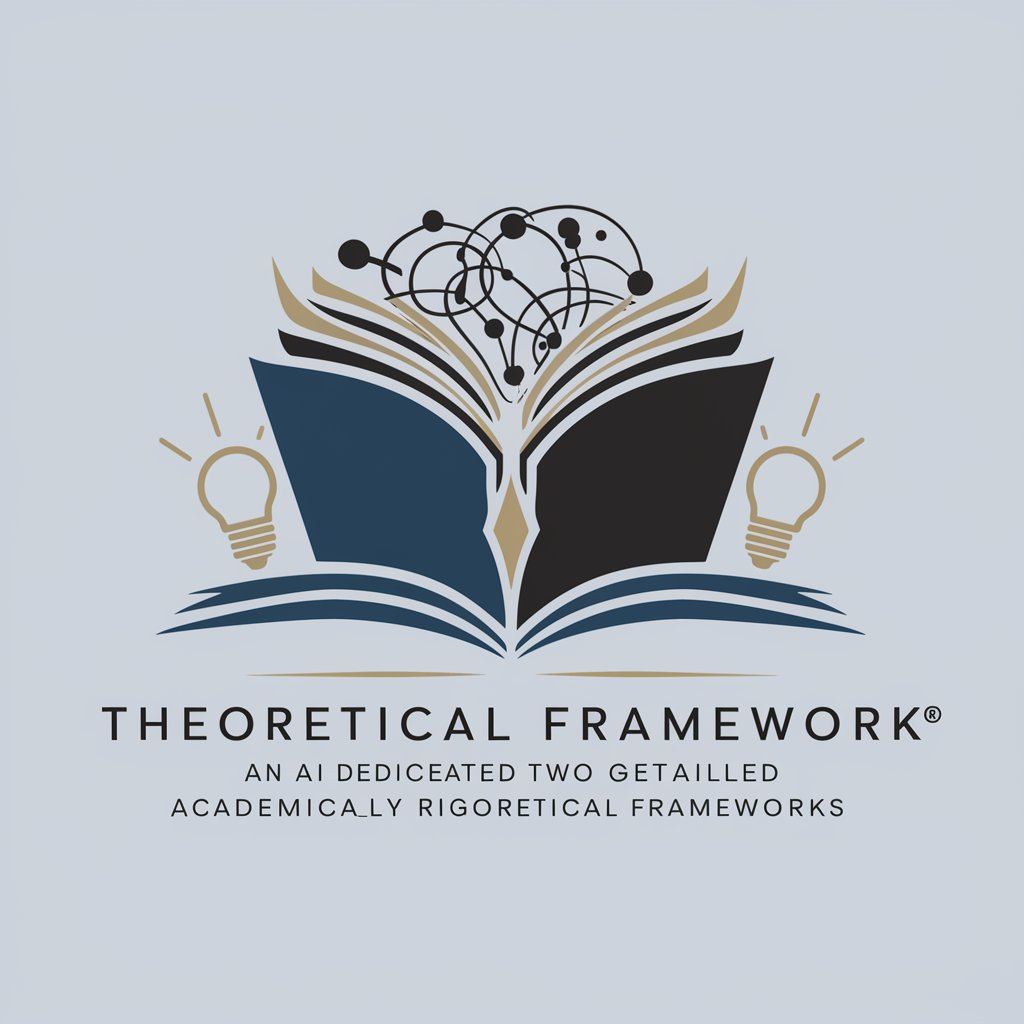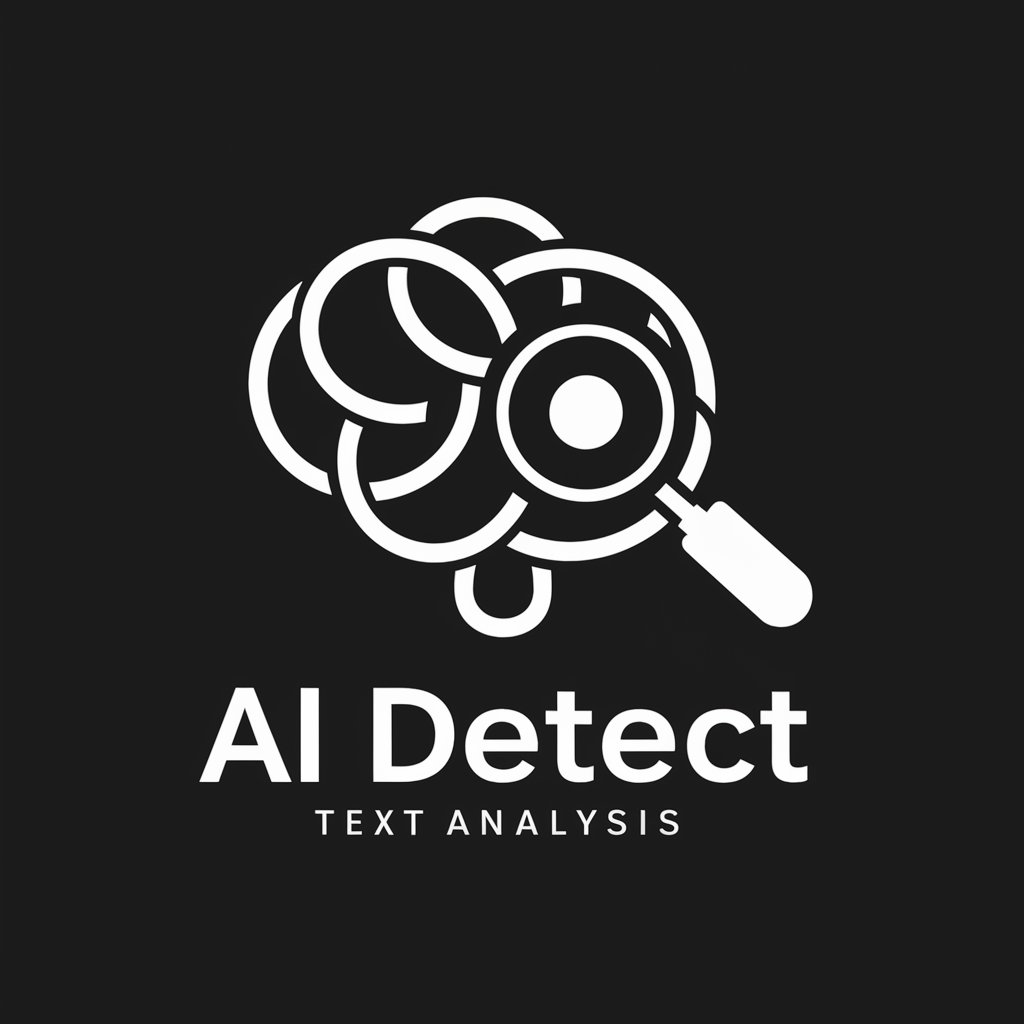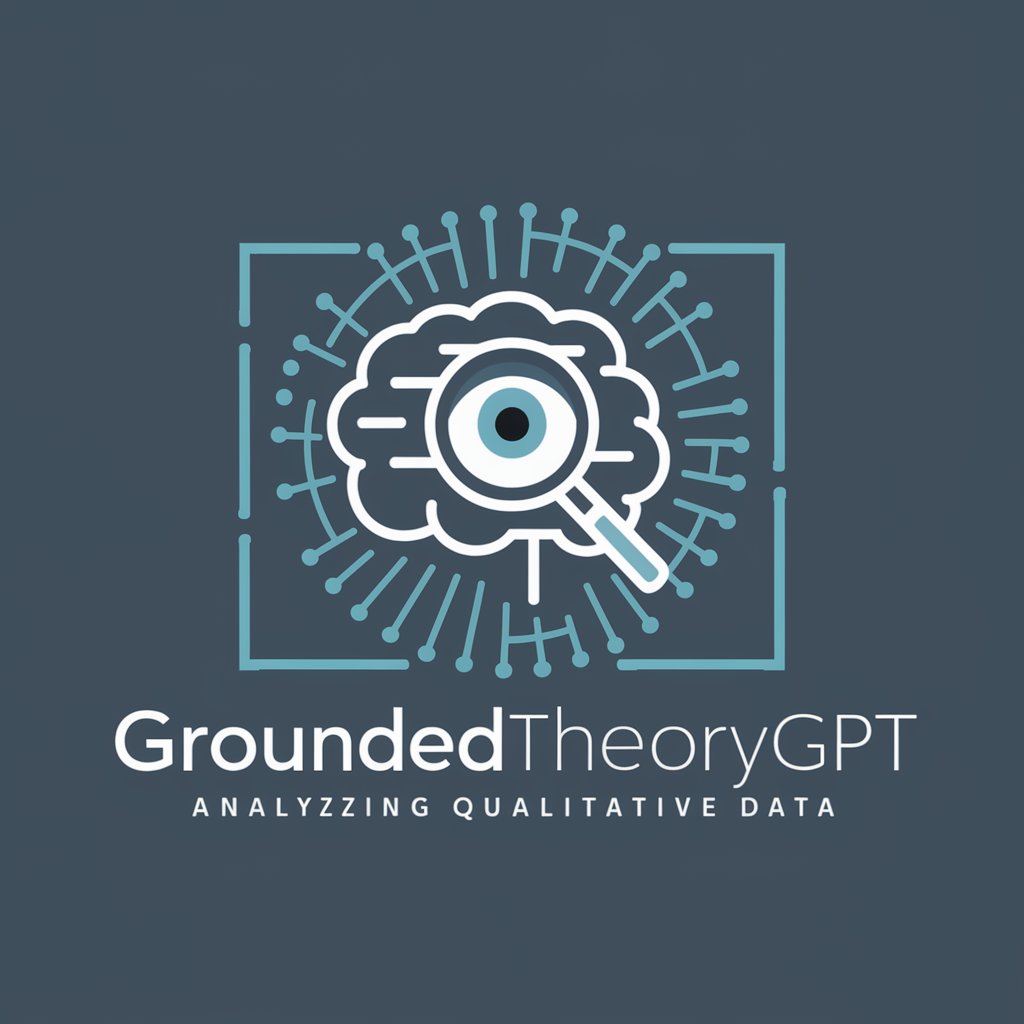
AI 질적연구: 근거이론(Ground Theory) 분석 - Grounded Theory Analysis
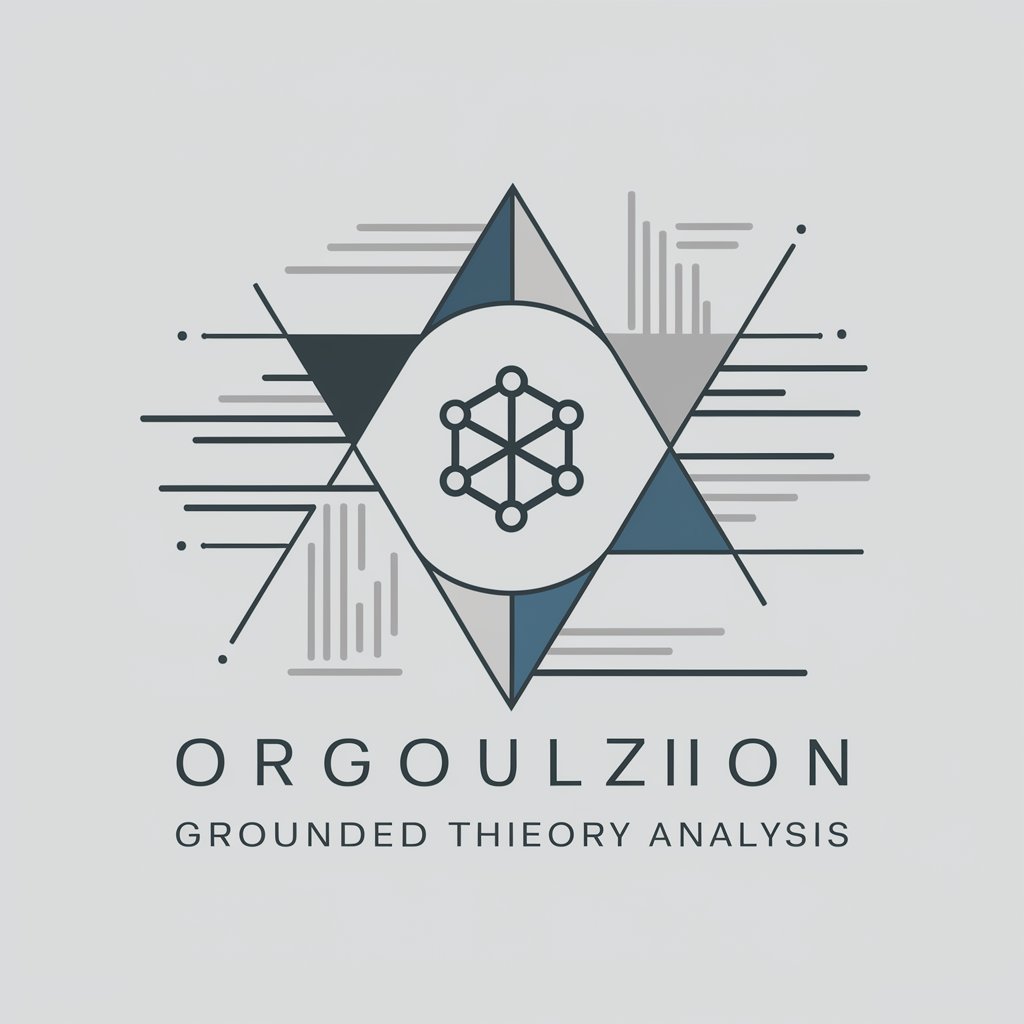
Hello! I'm here to assist with your qualitative research and Grounded Theory analysis.
AI-powered qualitative analysis and theory development.
Explain the main components of Grounded Theory and their significance in qualitative research.
How does open coding differ from axial coding in the context of Grounded Theory?
Describe the role of constant comparison in the process of Grounded Theory analysis.
What are the key steps involved in developing a theoretical framework using Grounded Theory?
Get Embed Code
Introduction to AI Qualitative Research: Grounded Theory Analysis
AI Qualitative Research: Grounded Theory Analysis is designed to assist researchers in the field of qualitative research, particularly those working with or interested in Grounded Theory methodology. This specialized AI tool provides advice, analysis, and insights based on Grounded Theory's principles and techniques, incorporating a rich database of knowledge that includes detailed methodologies, coding strategies, and paradigm models specific to Grounded Theory. For example, it can guide a user through the coding process of qualitative data, from open coding to axial and selective coding, illustrating how these steps contribute to the development of a substantive theory grounded in empirical data. Powered by ChatGPT-4o。

Main Functions of AI Qualitative Research: Grounded Theory Analysis
Guidance on Grounded Theory Methodology
Example
Explaining the difference between open, axial, and selective coding and their roles in theory development.
Scenario
A researcher new to Grounded Theory is unsure how to start analyzing their interview data. The AI provides step-by-step guidance on breaking down data into codes, categorizing these codes, and linking them to form a coherent theory.
Analysis of Qualitative Data
Example
Using AI to identify patterns and themes in qualitative data that are significant to the research question.
Scenario
A user uploads transcribed interviews. The AI helps in segmenting the text, identifying recurring themes, and suggesting potential categories for axial coding.
Consultation on Research Design
Example
Advising on the selection of a research design that aligns with the objectives of a Grounded Theory study.
Scenario
A doctoral student is designing their dissertation study but is unsure about the research design that best suits Grounded Theory. The AI advises on constructing research questions that facilitate the emergence of theory from data.
Ideal Users of AI Qualitative Research: Grounded Theory Analysis Services
Academic Researchers
Scholars and students in social sciences, health sciences, or any field where qualitative research is prevalent. They benefit from detailed methodological guidance and analytical support in developing theories grounded in their empirical data.
Market Researchers
Professionals conducting qualitative market research who require assistance in analyzing consumer interviews, focus groups, or observational studies to develop in-depth understandings of consumer behavior.
Policy Analysts
Individuals analyzing qualitative data (e.g., interviews, policy documents) to develop grounded theories that inform policy development and evaluation. The AI's analysis tools can help uncover underlying issues and stakeholder perspectives.

How to Use AI 질적연구: 근거이론(Ground Theory) 분석
1
Start by visiting yeschat.ai for an initial experience without the need to sign up or subscribe to ChatGPT Plus.
2
Upload your qualitative research data (e.g., interview transcripts, field notes) to the platform to prepare for analysis.
3
Specify your research questions or areas of interest to guide the AI in focusing on relevant data segments for Grounded Theory coding.
4
Use the AI tool to perform initial coding, axial coding, and selective coding, transforming raw data into structured insights.
5
Review the generated codes and categories, refine them as necessary, and then use these insights to develop your grounded theory.
Try other advanced and practical GPTs
Video Script Writing For Engaging Videos
Craft Compelling Stories with AI

GPT for Report Writing
Empowering your writing with AI
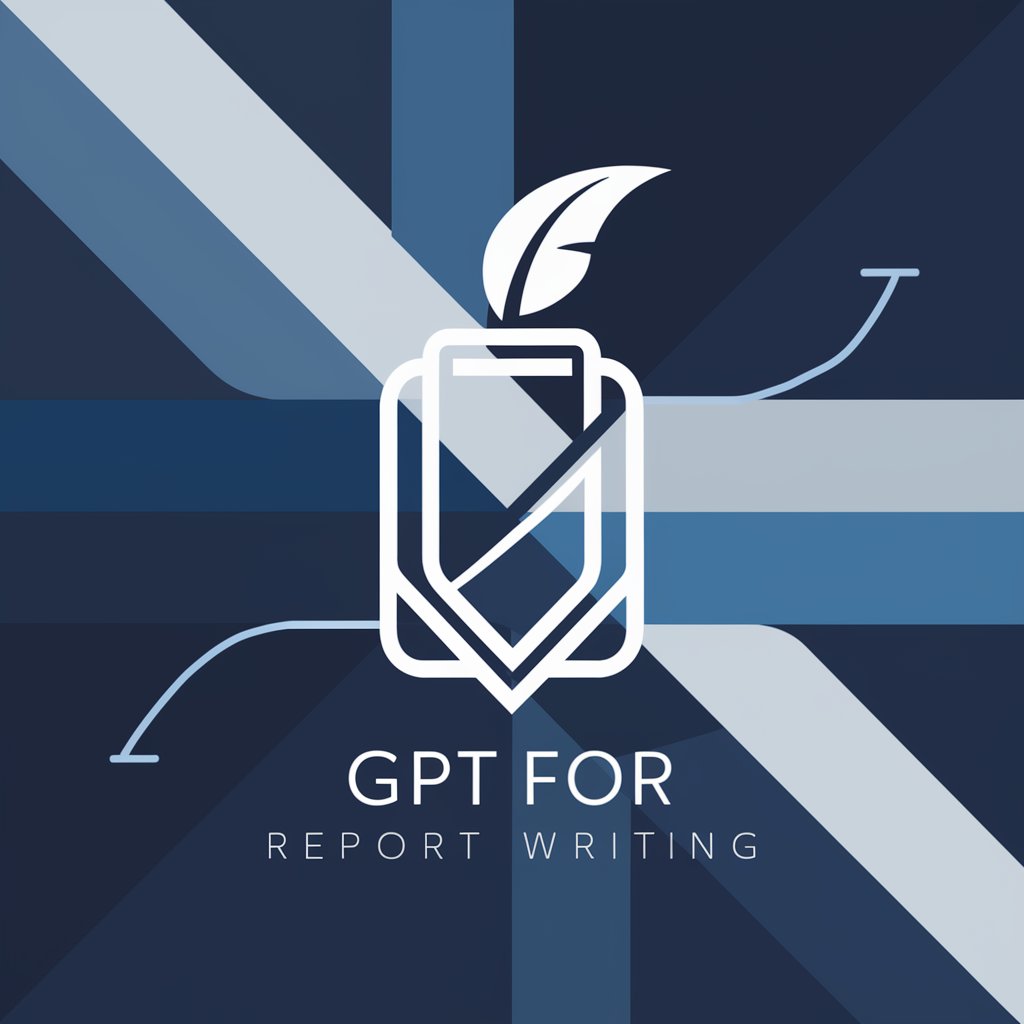
TOEFL Writing GPT for integrated task
Enhance Writing with AI-Powered Insights
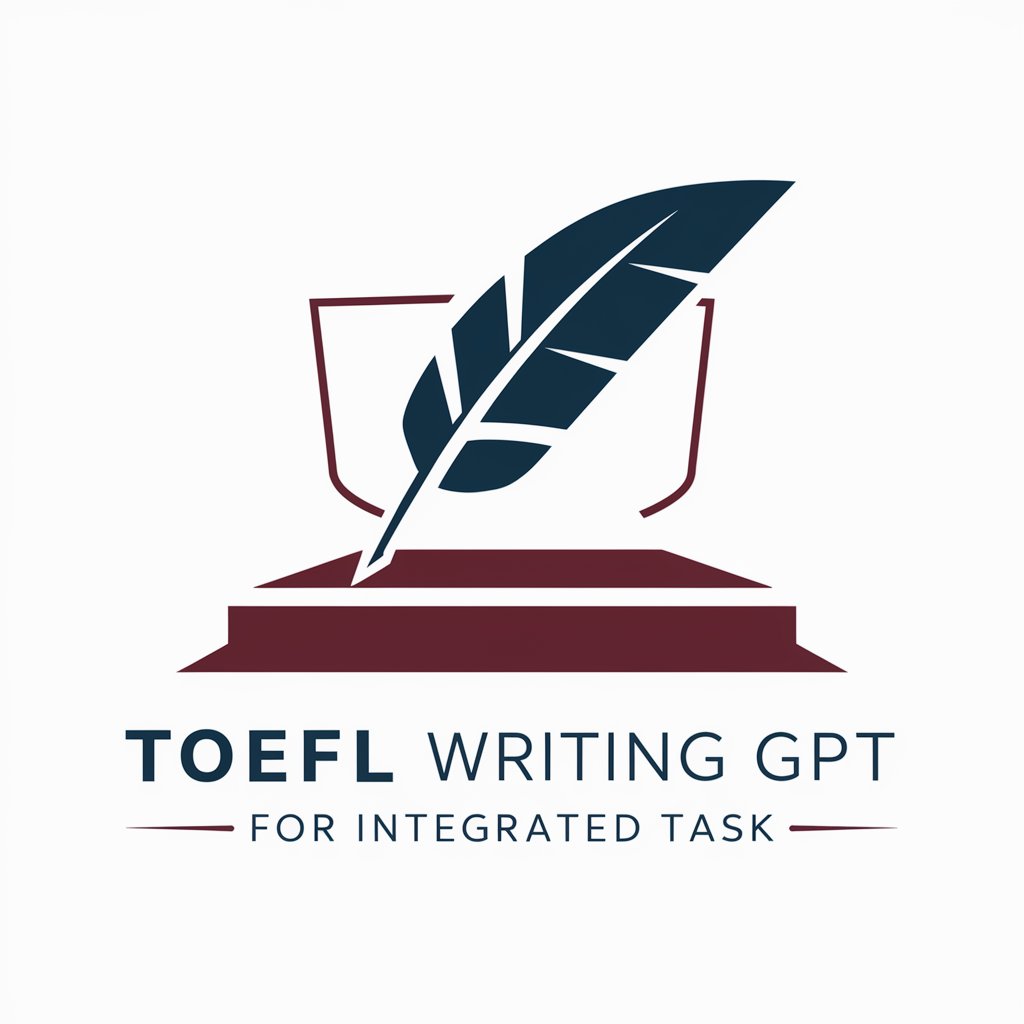
Proposal Writing GPT for Freelancers
Craft Winning Proposals with AI Power

Luna's Tarot for Writing
Inspire Your Writing with AI-Powered Tarot Readings

Writing Draft Book for Thai
Craft Your Thai Book with AI

抖音短视频拍摄剧本生成
AI-Powered TikTok Script Mastery

音喜多ブログ生成bot
Empowering Your Voice with AI

音乐理论文案生成专家
Empowering Music Theory with AI

抖音热榜视频剧本生成器
Craft Trending Videos Effortlessly

抖音风格图像描述生成器
Enhance Your Images with AI-Driven Descriptions

抖音热门爆款文案生成GPT
AI-powered creativity for Douyin success.

Detailed Q&A about AI 질적연구: 근거이론(Ground Theory) 분석
What is AI 질적연구: 근거이론(Ground Theory) 분석?
It's an AI tool designed to assist researchers in performing qualitative analysis using Grounded Theory methodology. It helps in coding, categorizing, and developing theories from qualitative data.
How does this AI tool handle qualitative data analysis?
The tool applies AI techniques to assist in the open, axial, and selective coding processes of Grounded Theory, allowing researchers to identify patterns, themes, and relationships in qualitative data efficiently.
Can AI 질적연구 analyze data in any language?
Primarily optimized for English, the tool can work with data in various languages, though accuracy and depth of analysis might vary. Utilizing native language datasets can enhance performance.
Is this tool suitable for novice researchers in qualitative studies?
Absolutely. The AI provides a guided approach to Grounded Theory analysis, making it accessible for beginners while also offering depth and complexity for more experienced researchers.
How can researchers ensure the accuracy of the analysis provided by AI 질적연구?
While AI significantly aids in data analysis, researchers should review and refine AI-generated codes and categories, ensuring they align with their data and research objectives for accurate outcomes.

